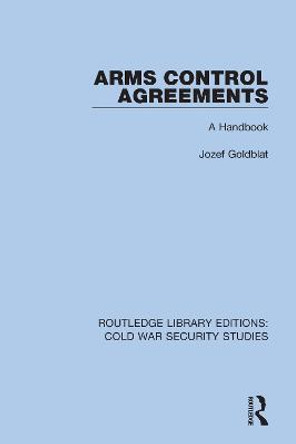Description
Is the appearance of new nuclear weapon states inevitable? Who are the sponsors and apologists of nuclear weapons, and why are others in favour of renouncing them? What are the implications for international security of the increasingly wide use of nuclear energy? How can nuclear threats be defused?
Originally published in 1985, SIPRI's study suggests some answers to these questions. The book examines the situation in a number of countries of key importance for non-proliferation: the two nuclear-weapon states which have declined to join the 1968 Non-Proliferation Treaty (China and France); a group of nuclear 'threshold' states also remaining outside the Treaty (Argentina, Brazil, India, Israel, Pakistan, South Africa and Spain); and a group of states, both developed and developing, which for various reasons have joined the Treaty (Canada, Egypt, South Korea, Sweden, Switzerland and Taiwan).
The focus of the book is on motivations for and against nuclear proliferation. An analysis of these motivations leads the editor to make detailed recommendations aimed at halting the spread of nuclear weapons.
Appendices include a list of nuclear facilities in the countries studied, specifying the degree of their coverage by international controls, and other relevant documentation.
About the Author
Jozef Goldblat Stockholm International Peace Research Institute SIPRI is an independent international institute dedicated to research into conflict, armaments, arms control and disarmament. Established in 1966, SIPRI provides data, analysis and recommendations, based on open sources, to policymakers, researchers, media and the interested public. Based in Stockholm, SIPRI is regularly ranked among the most respected think tanks worldwide.
Book Information
ISBN 9780367516031
Author Jozef Goldblat
Format Hardback
Page Count 360
Imprint Routledge
Publisher Taylor & Francis Ltd
Weight(grams) 453g





